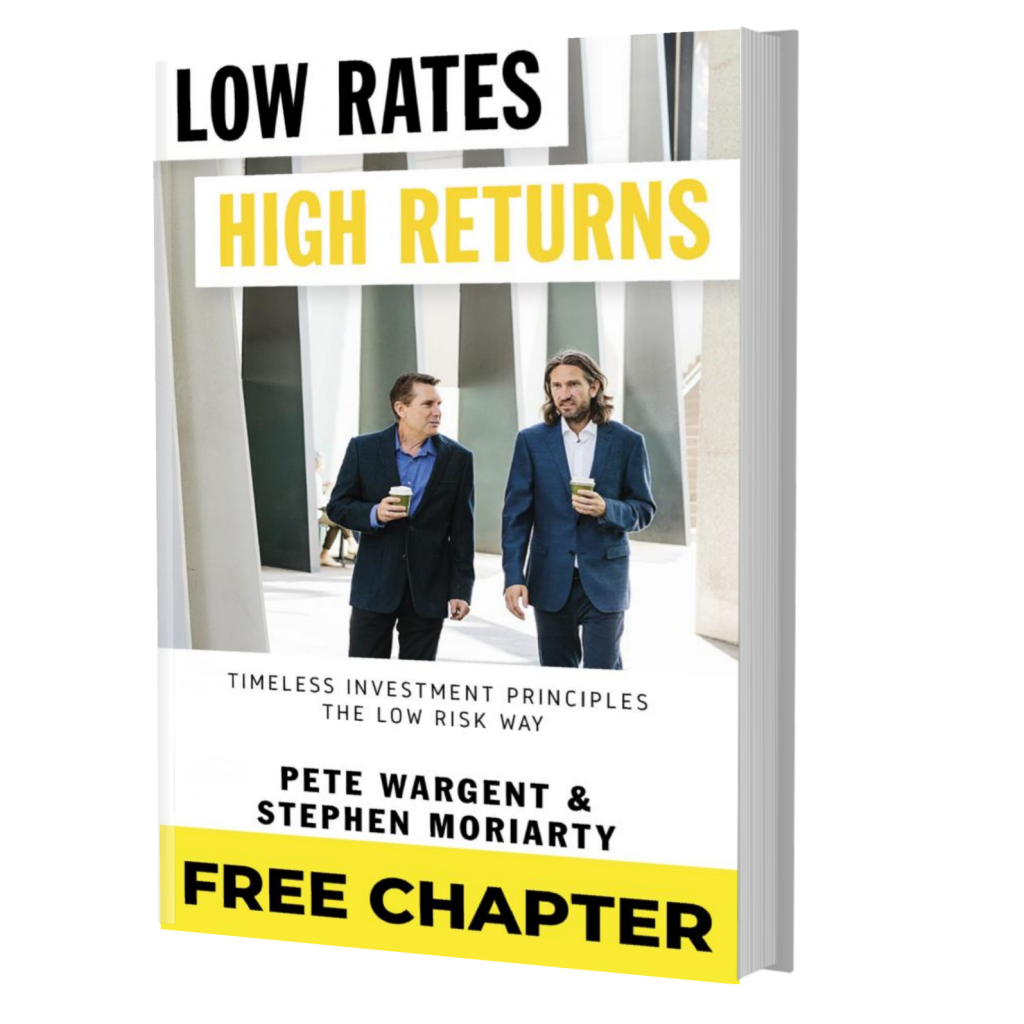Old traders and bold traders
Ed Seykota once said that ‘there are old traders and bold traders, but there are no old, bold traders’.
We’ve recently seen a spate of new traders (and speculators) roaring into the market with extremely high levels of confidence, while some of the more experienced investors have been perhaps become a little more circumspect.
That’s most likely because young investors are being emboldened by the recent upside in their portfolios, while older investors have seen this movie before, and many are therefore leaning towards prudence.
Learning from survivors
American bombers returning from European raids during WWII were found to be peppered with bullet holes, providing invaluable data to be analysed.

While additional armour could protect the Allied planes, it was also heavy and made aircraft less manoeuvrable; yet here was found to be an opportunity for efficiency.
Mathematician and statistician Abraham Wald calculated that rather than looking at where the bullet holes were most prevalent, armour should instead be focused on the areas where the bullet holes were not being found…on the engines.

What Wald realised that the army officers had not – by focusing on the attributes of the survivors – was that the planes being hit on the engines were those not returning from battle.
The fuselage and fuel system were often taking plenty of bullet hits per square foot; but those planes were often returning successfully, and therefore additional armour was on those parts of the plane not a priority.
The nature of battle is that such marginal gains can make all the difference.
The survivorship effect
What, then, can we learn from survivors?
Success leaves clues, as they say, so of course we should look at the attributes of outstanding businesses, investors, and mentors that have been around for a long time, and those with a proven track record.
But don’t forget to also consider what’s no longer around!
Poor businesses with fatal weaknesses don’t tend to stick around for too long, so it can be easy to overlook what hasn’t worked.
You often see fund managers promoting their monthly and annual returns, but consider for a moment what they may not be telling you: what about the under-performing funds or those that they closed or ‘euthanased’ due to poor performance?
The same might apply when advisors recommend investments with a ‘proven track record’, since naturally they’ll be choosing from a self-selecting list of the survivors.
Expert property commentators will never be shy about highlighting their best predictions, but human nature dictates they won’t be so forthcoming about their underwhelming calls.
What you see is not all there is!






